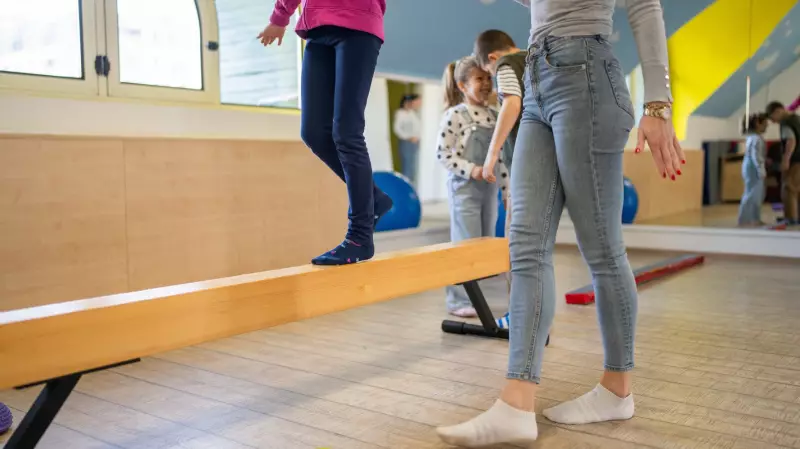
New research from Canadian psychologists is shedding light on the unintended consequences of helicopter parenting, revealing a troubling connection between overprotective behaviors and childhood anxiety. The study, conducted across multiple Canadian provinces, suggests that well-intentioned parents might be inadvertently contributing to their children's mental health struggles.
The Science Behind Overparenting
Researchers followed hundreds of Canadian families over several years, observing parenting styles and tracking children's emotional development. The findings were clear: children with parents who consistently intervened in their activities, solved their problems for them, and shielded them from everyday challenges showed significantly higher levels of anxiety and lower emotional resilience.
What Exactly is Helicopter Parenting?
Helicopter parenting goes beyond normal protective instincts. It typically involves:
- Constantly monitoring children's activities and social interactions
- Immediately solving problems instead of letting children work through challenges
- Making decisions for children that they're capable of making themselves
- Shielding children from any potential disappointment or failure
The Anxiety Connection Explained
According to the study's lead researcher, the mechanism is straightforward: when children don't have opportunities to practice coping with minor stressors, they never develop the emotional tools needed to handle bigger challenges. This creates a cycle where children become increasingly dependent on parental intervention while their confidence in their own abilities diminishes.
Long-term Implications for Canadian Children
The research suggests that children of helicopter parents may struggle with:
- Decision-making anxiety in young adulthood
- Difficulty handling academic and social pressures
- Lower self-esteem and confidence levels
- Increased risk of developing anxiety disorders
A Better Approach: The Balanced Parent
Canadian child development experts recommend a middle ground between neglect and overprotection. The key is guided independence - allowing children to face age-appropriate challenges while providing support and guidance when truly needed.
"It's about being a coach rather than a constant protector," explains one child psychologist involved in the study. "Good parenting means gradually stepping back as children develop the skills to handle life's normal ups and downs."
Practical Tips for Canadian Parents
For parents concerned about finding the right balance, experts suggest:
- Allow children to make simple choices appropriate for their age
- Let them experience natural consequences of minor mistakes
- Encourage problem-solving rather than immediately providing solutions
- Gradually increase independence as children demonstrate readiness
The research team emphasizes that occasional parental intervention is normal and necessary, but consistent overprotection appears to do more harm than good in the long run. As Canadian families navigate increasingly complex social and academic environments, finding this balance becomes ever more crucial for raising resilient, confident children.





